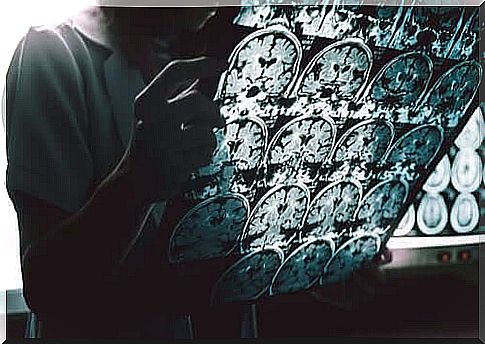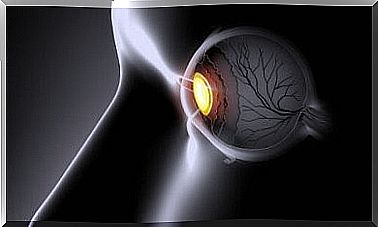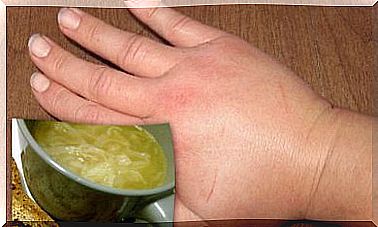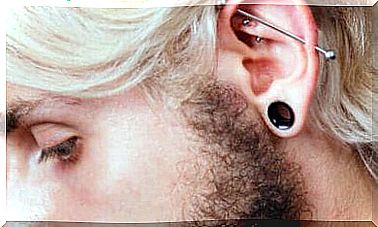Does Poor Sleep Increase The Risk Of Alzheimer’s?

Today , the risk of suffering from Alzheimer’s has increased among young people.
This degenerative process still has no clear causes, and presents an increasing number of cases worldwide.
Your brain is an organ with multiple jobs. Basically, all organic processes are connected to your brain, since it is responsible for “giving the orders” to all the cells in your body.
Alzheimer’s is one of the most common neurological problems in humans. Recent studies have taken credit for the belief that poor sleep can increase the risk of suffering from Alzheimer’s.
What are Alzheimer’s and what are the main symptoms?

Alzheimer’s is popularly known as dementia, and is therefore commonly associated with old age.
Dementia is considered a loss of memory and intellectual abilities.
Aging naturally means that some indicators of dementia appear. Neurons begin to die, and your brain is no longer able to regenerate itself.
In the case of Alzheimer’s, however, dementia is one of the consequences of a serious brain disease.
In this case, neural degeneration can be so intense to the point that it radically changes your personality and behavior. Some patients even show serious identity problems.
Therefore, Alzheimer’s can affect people of all ages, especially those who present risk factors, although it is more common in older adults.
There are many risk factors for Alzheimer’s, for example:
- addiction to tobacco
- alcoholism
- use of narcotic drugs
- an unbalanced diet
- diseases
- accidents
The most common symptoms in patients with Alzheimer’s are:
- memory loss that makes daily activities more difficult
- difficulty solving simple problems
- difficulty performing common tasks
- loss of spatial awareness or sense of time
- difficulty interpreting images
- problems with written or spoken language
- to put objects in strange places or difficult to find them
- can not make decisions and loss of good judgment
- loss of initiative or motivation
- changes in humor, behavior or personality
Is there a link between poor sleep and the risk of Alzheimer’s?
The brain experiences a type of accelerated erosion in people who sleep very little or not well.
All this has to do with the main function, which is to give your body rest.
An organism without rest is like a machine that continues without stopping. Sooner or later it will stop working.
Sleep a lot or sleep well

Contrary to many people’s beliefs, it’s not just about sleeping too little. The amount of sleep does not guarantee the quality of it.
After all, some people are healthy with 5 or 6 hours of sleep per night, while others are still tired with 12 hours of sleep.
Instead, sleep quality has to do with the increase in the production of two of the most important biological indicators of this disease: beta-amyloid and tau proteins.
The accumulation of beta-amyloid protein forms highly toxic plaque in brain neurons. Meanwhile, accumulation of the tau protein can produce neurofibrillary tangles that are very destructive to your brain.
The relationship between sleep and the risk of Alzheimer’s

There is still a discussion about what is the cause and consequence of this disease, since the toxic substances that are characteristic of Alzheimer’s can also lead to poor sleep.
However, all this confirms the need to preserve the quality of sleep.
There are simple ways to get better sleep. However, it is almost always a matter of changing your daily attitude.
It is important to consult your doctor if you notice any symptoms. The risk of suffering from Alzheimer’s is not a game and can prevent you from enjoying a high quality life.









